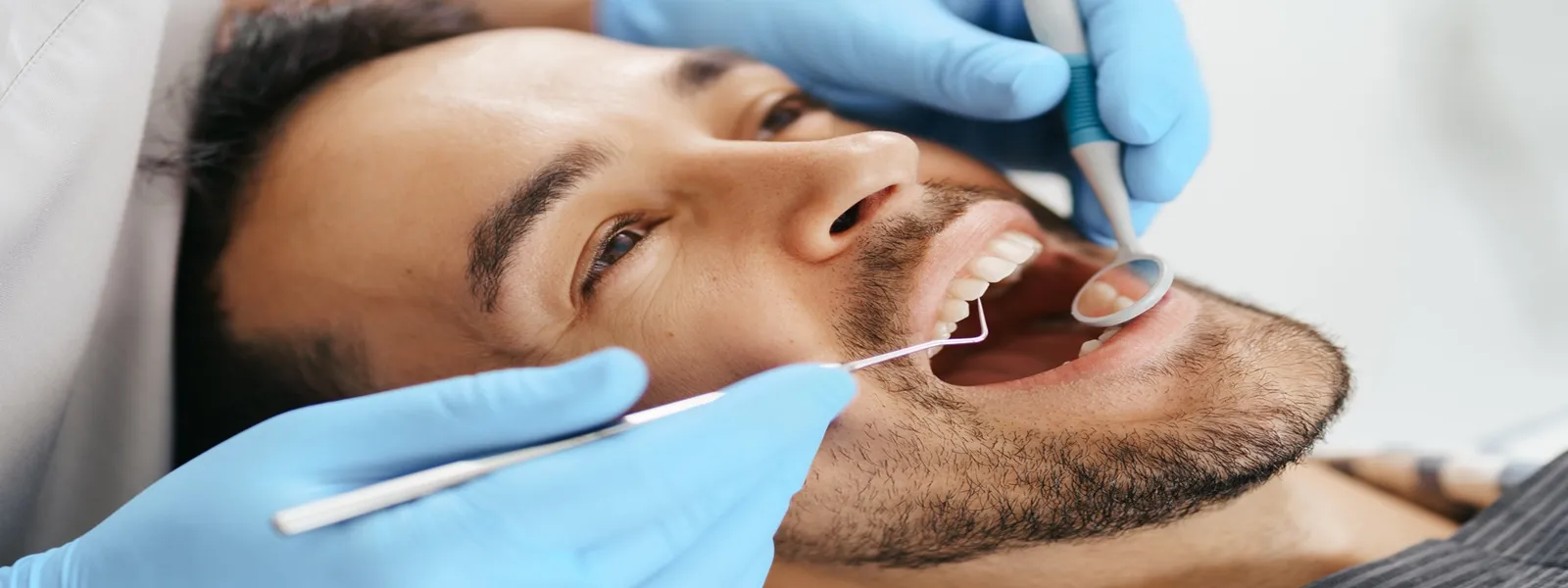NHS dentistry in the UK stands at a breaking point. Once a cornerstone of universal healthcare, it is now facing one of the most severe crises in its history — with shrinking access, overworked professionals, and growing inequality in oral health across the nation.
For many patients, finding an NHS dentist has become almost impossible. Surveys by the British Dental Association (BDA) show that nine in ten practices are not accepting new adult NHS patients, while eight in ten have closed their books to children. In some parts of England, people are queuing overnight or travelling hundreds of miles in search of affordable care. Others resort to DIY dentistry — extracting their own teeth or using over-the-counter kits — because no local options exist.
The roots of the crisis stretch back more than a decade. Dentists have long warned that the NHS contract system, introduced in 2006, is “unfit for purpose.” The model pays practices for a fixed number of “units of dental activity” (UDAs), regardless of the complexity of treatment. This means that a simple check-up and a complex root canal can generate the same income for a dentist — a disincentive to take on high-needs patients. Inflation, rising material costs, and stagnant funding have made the system even more unsustainable.
The result is a profession under immense strain. Thousands of dentists have reduced or abandoned NHS work altogether, opting for private practice or leaving the profession entirely. The General Dental Council has reported a steady decline in NHS commitments year after year, while BDA data suggests that around half of dentists plan to cut back further on NHS work within the next 12 months.
This exodus is having profound effects on patients and public health. Tooth decay remains the leading cause of hospital admissions among young children in England. In deprived areas, rates of decay are nearly three times higher than in affluent ones — a stark reminder that access to dental care is closely linked to inequality. Without urgent reform, campaigners warn the gap will only widen, leaving the NHS’s founding principle of universal care in jeopardy.
The government has announced plans for a new Dental Recovery Plan, pledging to recruit more dentists to underserved areas, increase the number of training places, and reform the contract system. Ministers have also promised “golden hello” payments to attract graduates to regions most in need. However, many in the profession remain sceptical. They argue that without a fundamental change to how dentistry is funded — and a commitment to making NHS work financially viable — such measures amount to short-term fixes.
Dentists are not asking for luxury, they say, but for a system that allows them to provide the level of care patients deserve without financial penalty. As one practitioner recently put it: “We want to serve our communities, but the system is working against us.”
The stakes could not be higher. Oral health is not a luxury but a vital part of overall wellbeing. Unless the crisis is addressed decisively, millions will be left without the care they need — and the UK risks losing an entire generation of NHS dentists.
For now, dentistry remains in distress — and the time to act is fast running out.


